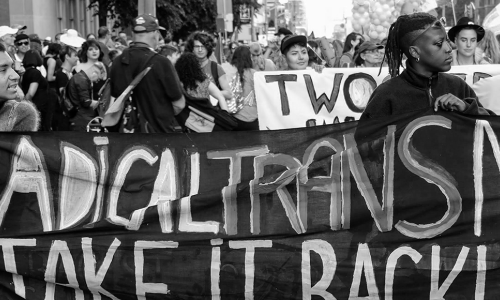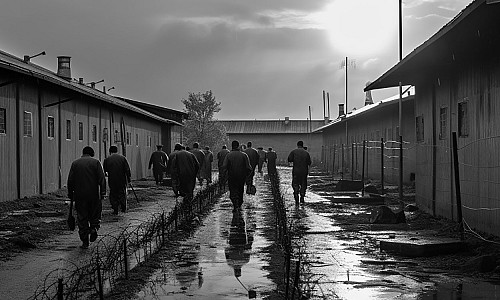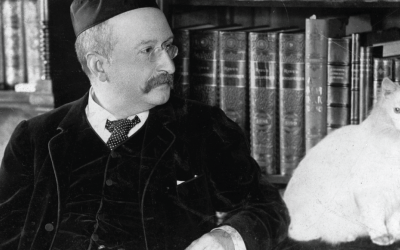Rupert Read argues that the choice is clear in this election.
The paradigm of growthism is untenable. It is slowly (but surely) destroying us culturally and, more categorically and rapidly, destroying us ecologically.
Human-caused dangerous climate change is only the severest symptom of that destruction, and of the unprecedented recklessness that it manifests. One sees the same recklessness concerning technology (think of what’ll happen when driverless cars get hacked), concerning our health (think of our obscene profligacy with antibiotics), concerning resources (by burning up the oil now we are depriving our children's children of access to it for other uses). Consider our unbelievable short-termism: thus election campaigns are dominated by issues such as who can most expand the economy in the next few years, and the real issues, such as the devastation caused by this same economic model, are barely considered. Right now, Britain is fixated on 'Brexit': a matter which will seem supremely irrelevant, once climate chaos hits us in earnest. It won't be many years now, unless we start fighting the climate war with the same urgency with which once we fought Nazism.
The only party with an official 'philosophical basis' for its policies is the Green Party. This brings together the kinds of points made above, and turns them into the basis for our comprehensive, long-termist, positive vision of how (wonderful) our society and our planet could be, if we – the Greens – get listened to in time.
Green political philosophy is eco-logical. Everything starts from thinking about our existence as members of a political community embedded in an ungainsayable ecological setting. This is a completely different starting-point from the other parties, all of which are now, as a consequence, essentially out of date. They could profit from reading the preface to Arendt's The Human Condition: just as Arendt documents, humankind is dangerously close to fantasising the ability to leave behind this planet altogether. It seems easier to imagine the end of the world than to imagine the end of capitalism, or the end of technophilic fantasies. But that only means that, unless there is a tipping point in which, collectively, we wake up to the Green reality-check, then we’ll soon be collectively committed to the world ending.
From the Green perspective, there is much to like in Corbyn's Labour manifesto: its opposition to fracking, its taxing the wealthy more heavily (i.e. fairly), and its joining up of the railways into one public system. But at the level of fundamentals, Labour, the Conservatives and the Lib Dems remain all the same: they are all growthist (Labour promises to balance the books by faster economic growth – i.e. faster destruction of the environment – than the Conservatives have 'achieved'); all narrowly interested in present-day people at the expense of future people, let alone of non-human animals; all fundamentally economistic; and all devoid of any sense of 'enough'.
Enough is enough. The Green Party is the party of the future, if there is going to be a future. Dare I say it: it is the party that even philosopher-monarchs, if they existed, would vote for...
Rupert Read is Reader in Philosophy at UEA, Chair of Green House, and was Green MP-candidate in Cambridge in 2015.
You might also like...















